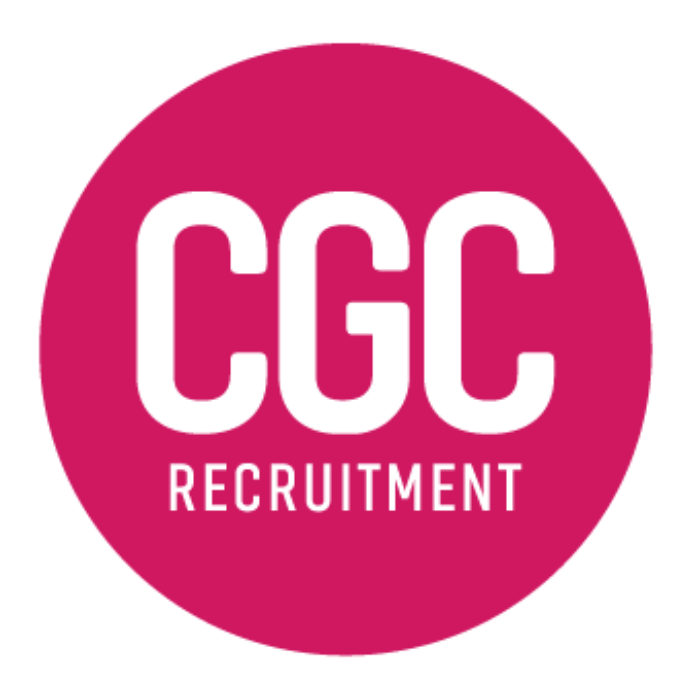Connecting...
The infrastructure sector faces a number of persisting unique challenges. Theunprecedented wave of investment in public infrastructure, combined with localised skill shortages, has created national pressure on the industry. This presents compounding delivery risks that make it difficult to predict or plan. Moreover, many projects take years to complete - making the workflow cycle much longer compared to other industries.
When an organisation loses a skilled worker in a highly specialised industry, it can produce devastating consequences. The project could be derailed or delayed, causing substantial budgetary pressure. The ability of the project to be delivered on time or within the desired scope is also at risk.
So how can you mitigate these concerns?
An effective strategy is to have a plan in place to retain key employees. We’ve prepared a list of tangible and intangible strategies to keep your employees happy, as well as help retain top talent for the long run.

1. Competitive compensation
Similar to other services on the market, salaries are based on supply and demand. And withone third of businesses struggling to find suitable workers, this increase in demand has resulted in workers expecting (and demanding) an increase in salary offerings.
In the highly specialised sector of construction and engineering, there are huge financial repercussions when an employee leaves. Not only is the expense of hiring a replacement - there’s also the intangible cost of lost productivity.
Offering a competitive salary helps to show your employee you:
value and care about them
view them as an asset to the company, and not as an expense
It’s also useful to regularly review your employees’ salaries, ensuring you’re in line with or exceeding market expectations.
2. Effective internal communication
How are you currently communicating with your employees? Do you feel your employees are engaged?
Workers who don’t feel engaged or involved may feel disconnected and isolated - and therefore look for other opportunities. That’s why it’s imperative to have a clear internal communication plan.
This may include:
Regularly checking for gaps in communication:Bridge communication gaps through active listening and working through problems together.
Having weekly meetings with your employees:Scheduling one-on-one weekly meetings shows you care and value your employees. Take this opportunity to refine goals and discuss expectations around the roles and responsibilities. Be sure to also recognise progress and show your appreciation for their work.
Providing communication tools for employees to connect:As the hybrid work environment becomes more common, it’s important to enable your team to easily communicate, connect, and share information.
By ensuring your organisation has strong internal communication, you’re fostering a collaborative work environment. Regular two-way communication also increases morale and allows team members to comfortably express any concerns. You can solve issues as they occur, avoiding a bigger, larger scale problem.
3. Feedback on performance
In addition to having a strong internal communication plan, providing regular feedback to your employees also creates a healthy work culture. It doesn’t only emphasise employee appreciation - it’s essential for developing high potential talent as well.
While many organisations adopt the common system of annual performance reviews, this simply isn’t enough. This irregular format may stifle those who aspire to make a greater impact to the organisation and those who are driven to achieve more.
High-performers understand there is constant room for improving work efficiencyand thrive when given the opportunity to give - and receive - regular and constructive feedback.
By providing regular check-ins, you’re helping your employees with their performance, which increases productivity and reduces stress.
4. Recognition and rewards
Employee recognition is essential to the workplace as it boosts the morale of the team and increases productivity. It also helps relieve stress commonly associated with physical infrastructure roles.
Are you thinking of starting your own employee recognition program? Here are some tips to get you started:
Be specific in your recognition:Ensure you tie your recognition to a specific accomplishment. This encourages your employee to repeat positive behaviour.
Be creative with your rewards:Rewards don't always have to be monetary. You can reward your team members with professional development opportunities to extend their skills. This can include mentoring programs or courses.
Encourage managers and leaders to show appreciation:A survey from
has found 28% of employees received their most memorable recognition from their managers. So ensure your managers provide direct and personal feedback on a frequent basis.
In summary
At CGC Recruitment, we know how valuable it is to have a strong employee retention program. Our in-depth knowledge of the industry enables us to provide a comprehensive service for our clients, as well as our candidates.
If you’re currently experiencing high employee turnover in your business, we can offer specific guidance and advice because we know it starts with the right hire. We’ll help you deliver your project on time and with the talent you need.
Need more tips on how to retain your employees? Check out our other articleshere.
About CGC Recruitment
CGC Recruitment is a specialist construction, infrastructure, engineering, and architecture recruitment consultancy. We view our clients as our partners and work closely with them to meet their business needs. We work with some of Australia’s largest construction brands through to specialist SMEs and boutique consultants. We have proven experience delivering permanent, contract and retained recruitment solutions, consistently providing the right candidates for the right roles at the right time.
If you have an active role you’d like to discuss or just want to talk to a specialist consultant, pleasecontact us. Alternatively, you can complete ouronline client formand a member of our team will contact you.










